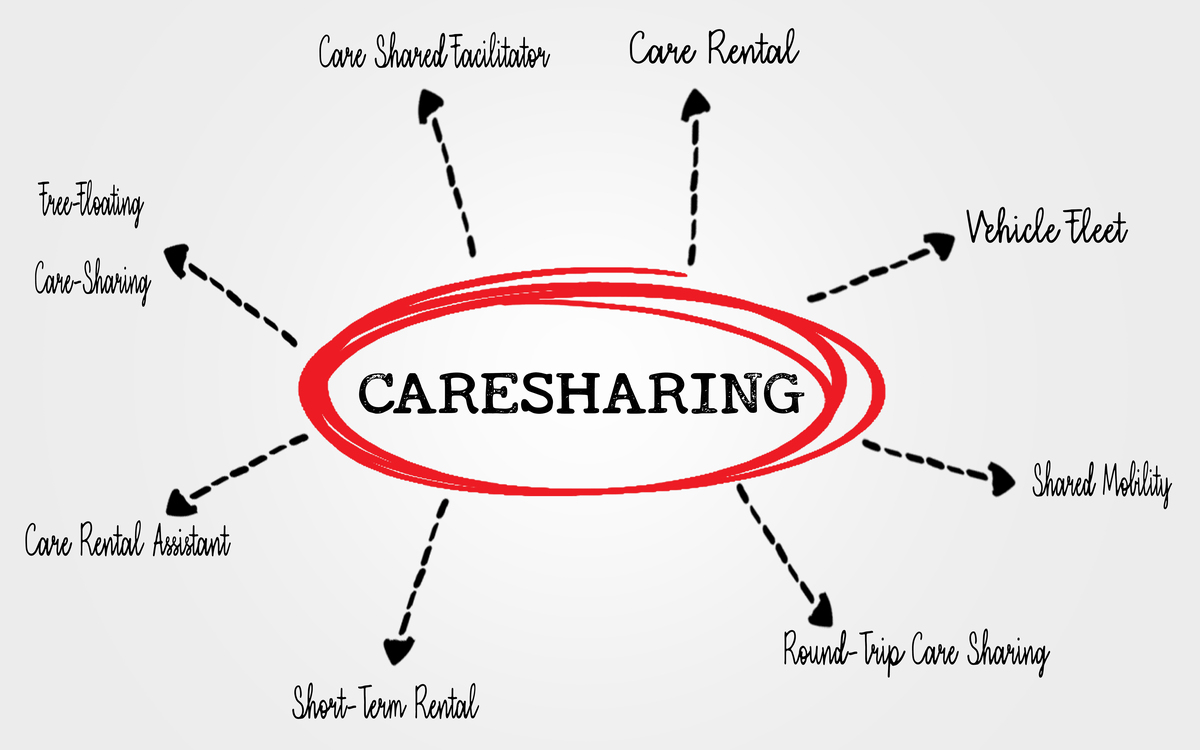JIT Implementation: Impact on Conformance & Non-Conformance Costs
Just-in-time (JIT) is a production strategy aimed at minimizing waste, reducing inventory costs, and improving product quality. Implementing JIT brings about potential changes in quality costs, affecting both conformance cost and non-conformance cost.
'Conformance cost' refers to the expense of ensuring products meet the required specifications. When a company adopts JIT, there's a stronger emphasis on quality control and assurance. This can lead to an initial increase in conformance cost as the company invests in quality control systems and training.
However, over the long term, conformance cost should decrease as the company refines its processes and reduces defects. By minimizing defects, the company also lowers the cost of rework, scrap, and inspection.
'Non-conformance cost' encompasses the cost associated with poor quality, such as lost sales, warranty claims, and damage to the company's reputation. JIT can help reduce non-conformance cost by minimizing defects and ensuring products meet customer requirements.
Adopting JIT helps companies reduce the risk of producing defective products and enhance customer satisfaction. This can translate to increased sales, repeat business, and a positive market reputation.
In conclusion, the potential quality cost changes associated with adopting JIT depend on the company's initial state of quality control systems. While there might be a short-term increase in conformance cost, the long-term benefits of improved quality and reduced non-conformance cost can be substantial.

原文地址: https://www.cveoy.top/t/topic/oEB3 著作权归作者所有。请勿转载和采集!